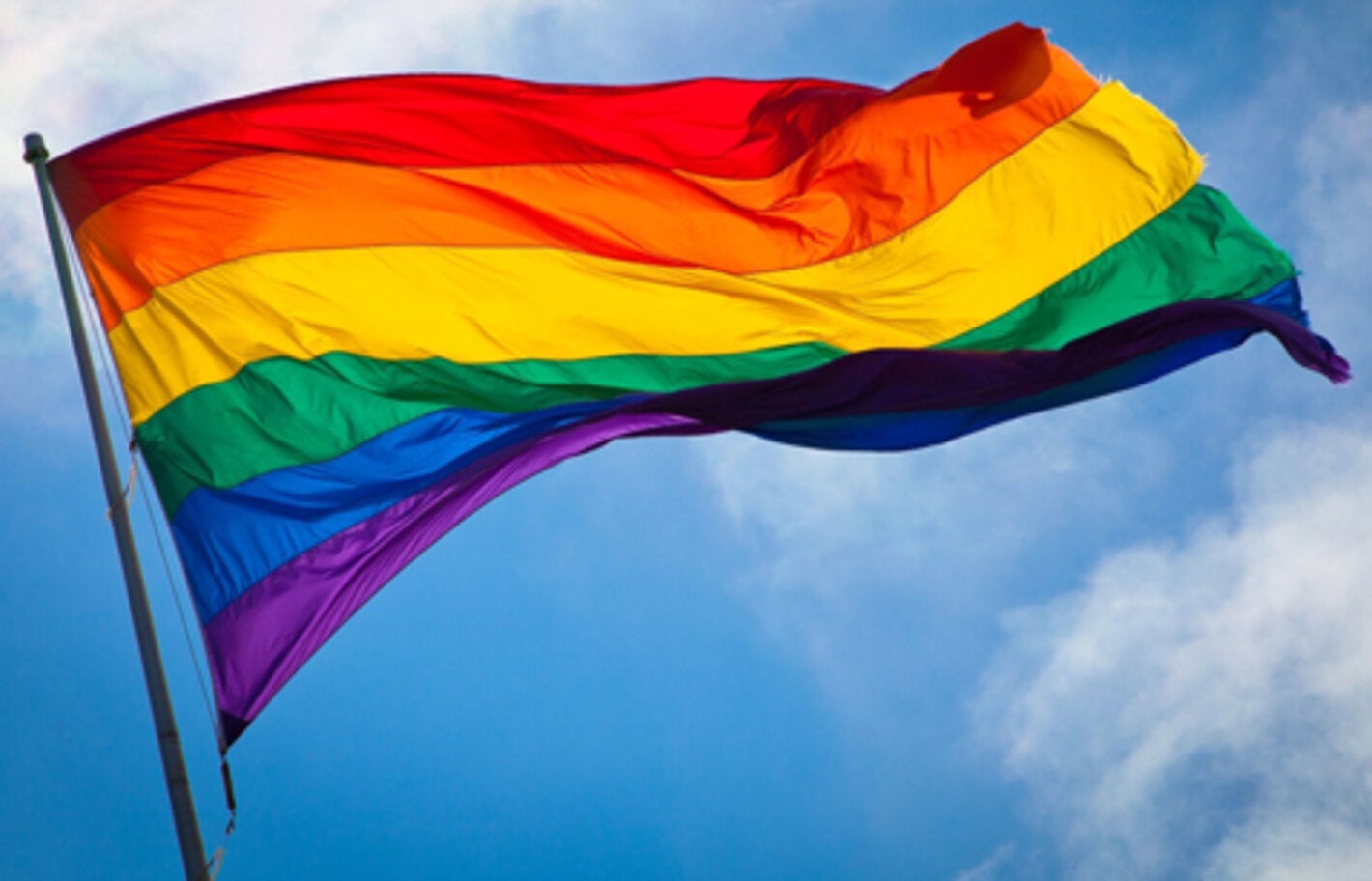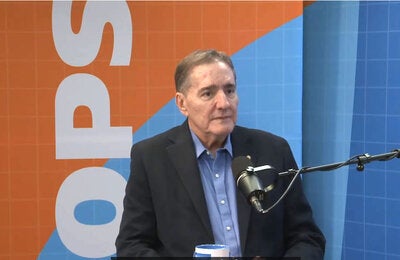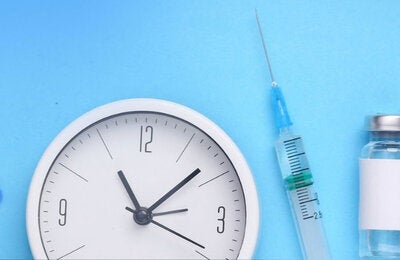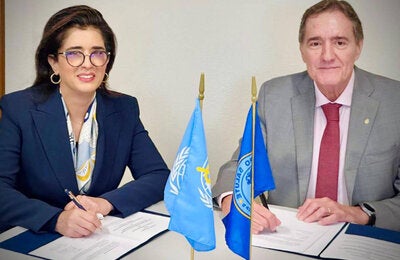
Washington, D.C., 17 May 2012 (PAHO/WHO) — Services that purport to "cure" people with non-heterosexual sexual orientation lack medical justification and represent a serious threat to the health and well-being of affected people, the Pan American Health Organization (PAHO) said in a position statement launched on 17 May, the International Day against Homophobia. The statement calls on governments, academic institutions, professional associations and the media to expose these practices and to promote respect for diversity.
Twenty two years ago, on May 17, the World Health Assembly removed homosexuality from the list of mental disorders when it approved a new version of the World Health Organization's International Classification of Diseases (ICD-10).
"Since homosexuality is not a disorder or a disease, it does not require a cure. There is no medical indication for changing sexual orientation," said PAHO Director Dr. Mirta Roses Periago. Practices known as "reparative therapy" or "conversion therapy" represent "a serious threat to the health and well-being—even the lives—of affected people."
The PAHO statement notes that there is a professional consensus that homosexuality is a natural variation of human sexuality and cannot be regarded as a pathological condition. However, several United Nations bodies have confirmed the existence of "therapists" and "clinics" that promote treatment intended to change the sexual orientation of non-heterosexual people.
The document notes that no rigorous scientific studies demonstrate any efficacy of efforts to change sexual orientation. However, there are many testimonies about the severe harm to mental and physical health that such "services" can cause. Repression of sexual orientation has been associated with feelings of guilt and shame, depression, anxiety, and even suicide.
As an aggravating factor, there have been a growing number of reports about degrading treatments, and physical and sexual harassment under the guise of such "therapies," which are often provided illicitly. In some cases, adolescents have been subjected to such interventions involuntarily and even deprived of their liberty, sometimes kept in isolation for several months.
"These practices are unjustifiable and should be denounced and subject to sanctions and penalties under national legislation," said Dr. Roses. "These supposed conversion therapies constitute a violation of the ethical principles of health care and violate human rights that are protected by international and regional agreements."
To address the problem, PAHO makes a series of recommendations for governments, academic institutions, professional associations, the media, and civil society, including:
- "Conversion" or "reparative" therapies and the clinics offering them should be denounced and subject to adequate sanctions.
- Public institutions responsible for training health professionals should include courses on human sexuality and sexual health in their curricula, with a focus on respect for diversity and the elimination of attitudes of pathologization, rejection, and hate toward non-heterosexual persons.
- Professional associations should disseminate documents and resolutions by national and international institutions and agencies that call for the de-psychopathologization of sexual diversity and the prevention of interventions aimed at changing sexual orientation.
- In the media, homophobia in any of its manifestations and expressed by any person should be exposed as a public health problem and a threat to human dignity and human rights.
- Civil society organizations can develop mechanisms of civil vigilance to detect violations of the human rights of non-heterosexual persons and report them to the relevant authorities. They can also help to identify and report people and institutions involved in the administration of "reparative" or "conversion therapies."



